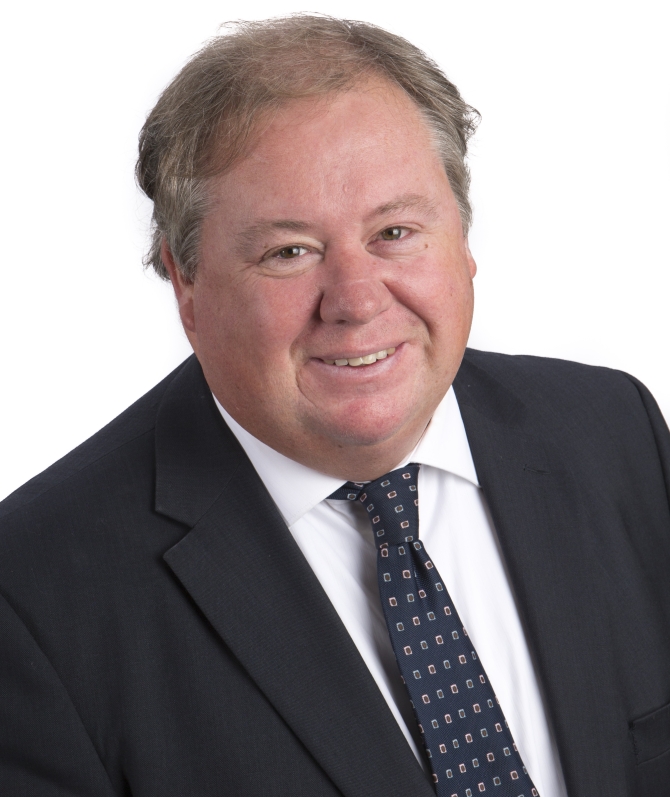As Benjamin Franklin famously said, nothing is as certain as death and taxes. But avoiding the pitfalls between the first and the second can be complex and time consuming, according to a leading property expert.

“After a death, inheritance tax issues can arise and often the most significant asset in any deceased person’s estate is its property assets,” explains Ian Harman (pictured), a director at commercial agency Prop-Search.
Quantifying the value of assets — such as dwellings, farmland, business premises and investment property — is the responsibility of executors.
Section 160 of the 1984 Inheritance Tax Act governs the worth of any asset and defines it as: “The price which the property might reasonably be expected to fetch if sold in the open market at that time … But that price shall not be assumed to be reduced on the ground that the whole property is placed on the market at one and the same time.”
The procedure, as Harman points out, is not always that simple. “Probate properties differ enormously in size, condition and value, but the vast majority need to be sorted out, looked after and then sold,” he says.
“This process can be complex and comes at a time of emotional strain both for the family and executors.
“The value of assets for inheritance tax on death is their open market value at the date of death — known as ‘probate value’. Valuing the estate is a professional task and can account for a great deal of the time spent in administration.”
Harman also stresses there are special rules for different types of asset to ensure the whole value is assessed. These include “heritage”, business and agricultural property. “The gross value of any business property must be adjusted for any liabilities secured on the assets over and above those indicated in the business accounts,” he adds.
“For example, the deceased might have a controlling shareholding in a company and might have pledged this as security for loans that are outstanding at the death.”
Prop-Search — which has offices in Wellingborough, Northampton and Milton Keynes — offers a comprehensive service designed take away the worry of dealing with the property and attend to the issues that arise. The service starts with a free of charge initial discussion with a qualified Royal Institute of Chartered Surveyors valuer who will assess the individual situation and requirements and then offer the best way forward.
“Alongside this, we include advice on the best method of sale, on what might need to be done to the property to prepare it for sale, and improvements that would be beneficial. When can also appraise it for the rental in its current condition or after improvements have been made,” outlined Harman.
“All these services can help the executors to decide on the best course of action — whether to sell the asset or keep and rent it out.”
Previous Post
City and West End Markets enjoy a Busy Late Summer